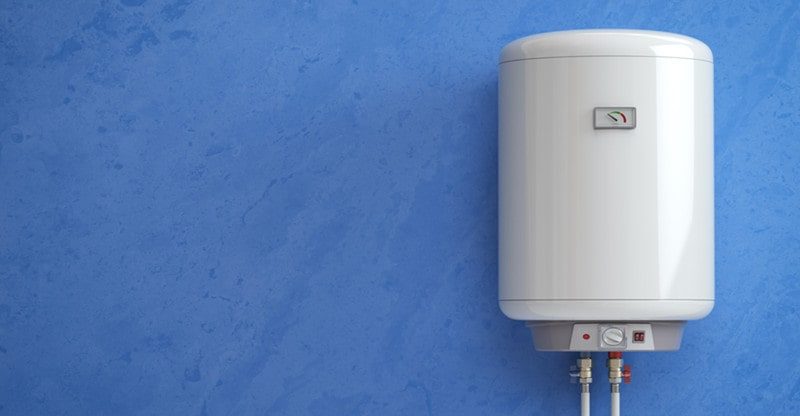Why Choose A Heat Pump Water Heater?
Deciding on the right water heater is always a challenge since people have to overlook their site, climate, as well as their needs before the actual purchase. Today, by finding a contractor, potential buyers may kill two birds with one stone, however, understanding the functionality of water heaters is still recommended to avoid any further issues with the units.
Let’s learn why a heat pump water heater might be a go choice for your particular household.
What Is an Electric Heat Pump Water Heater?
Any modern heat pump unit works with electricity. It transfers heat from one place to another one, unlike alternatives that generate heat in full. The mechanism of action of these units may resemble a refrigerator heating process.
For instance, a refrigerator works by pushing heat from inside, and then releases it into the surrounding site, while this unit pushes heat taken from the surrounding air, and dumps it back into a tank to start heating water.
To mount a heat pump water heater, the site should remain in the 4.4º – 32.2ºC temperature range the whole year. Beyond that, the site should have enough air space around the heater. It will help to exhaust cool air outdoors or indoors. If these criteria are not met, the unit won’t operate efficiently and may face breakdowns. Once you find a contractor, you get insights into the best location around your household for installation such as the water heater installation San Jose.
Nowadays, most homeowners go for geothermic heaters which work by drawing the heat from the ground during the winter season, and from the indoor air during the summertime. To heat water, they add a steam desuperheater which is literally a heat exchanger.
It, in turn, works by using superheated gases from the pump’s compressor to heat the water. There is one drawback of such systems since during the cold days or seasons, the desuperheater won’t provide much heat, hence, homeowners should rely on auxiliary heaters.
Pros and Cons of Heat Pump Hot Water Heater
Like other water heaters, this pump unit has its pros and cons. Before choosing one for your particular needs, you’d better proceed with finding a contractor, an expert who will determine the unit’s relevance for you. Now, check some of the most popular perks regarding this unit.
Pros
- Efficiency. These systems are highly energy-conservative. Instead of generating heat, they just draw existing heat from the air.
- Cooling effect. During hot days, the heat pump hot water heater cools the surrounding area which makes it more comfortable to stay in.
- It uses waste heat. During the winter days, the unit uses waste heat from the central furnace.
- Qualifies for taxes. The system may qualify for a $300 federal tax credit (by finding a contractor, you may receive more detailed saving information).
- It is linked to much savings. If installing it for large families, the savings may reach up to $300 per year.
- Solar PV. These units may work alongside solar PV systems.
- Less maintenance. Unlike other systems, this unit is less likely to demand very precise maintenance. Once or twice per year, you should organize general checkups. Otherwise, by finding a contractor, an expert may do it for you. Such care may extend the lifespan of heat pump water heaters for years.
Cons
- Expensive. Although these systems may help you save money annually, their installation and unit cost is high when compared to alternatives.
- Noise. The compressor’s noise may bother those who love quiet systems. By finding a contractor, you may request the insulating of the mechanical room to reduce the sound.
- Requires much space. To install the unit, you should have at least 1,000 cubic feet of space around it.
- Slow recovery. When your demand for hot water is high, there might be some waiting.
- Size. Heat pump water heaters are large.
As you may see, there are both good perks and bad ones, however, they differ based on your site and preferences. If your mechanical room is huge, you won’t experience hurdles with the unit size and requirements for space. The same concerns the noise. Some people get used to any sounds and do not notice them with time.
Nevertheless, the prices may still be a great disappointment for you. The average cost per 50-gallon unit may reach $1,100 and more. BUT, there are low running costs. From case to case, you may access special deals or promotions for these units, however, the price won’t be reduced much. If you are eager to learn more about savings with these systems, finding a contractor may assist you with it.
If summing up the relevance of changing your existing unit with this alternative, the water heater pump is still more efficient than similar electric resistance units.



